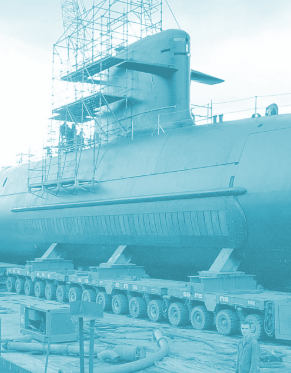New deal for nuclear build
 Australia has formally advanced its nuclear-powered submarine project, signing a tripartite agreement between the Australian Submarine Agency, ASC, and BAE Systems.
Australia has formally advanced its nuclear-powered submarine project, signing a tripartite agreement between the Australian Submarine Agency, ASC, and BAE Systems.
The deal sets the stage for constructing SSN-AUKUS submarines at South Australia's Osborne Naval Shipyard, a major part of the nation's defence strategy under the AUKUS pact.
Deputy Prime Minister Richard Marles has called the arrangement a foundation for a “generational uplift” in industrial capacity.
Construction of the first submarine is expected to commence domestically by the decade's end.
The government says it is aware of the necessity of workforce expansion and infrastructure planning.
The agreement prioritises planning, risk reduction, and scaling the submarine workforce.
ASC and BAE Systems are set to develop schedules, validate infrastructure, and conduct prototyping activities.
Training programs, delivered by TAFE SA, include entry-level roles and apprenticeships in fabrication, mechanics, and electrical work to address critical skills shortages.
However, uncertainty clouds the delivery of US Virginia-class submarines promised under AUKUS, particularly following Donald Trump’s return to the US presidency.
Despite concerns over America’s commitment, Marles says the deal focuses solely on the Australian-built fleet and is independent of US obligations.
The government has also strengthened global defence ties.
Royal Australian Navy personnel have completed nuclear operations courses in the US and UK, aiming to equip local forces with expertise in managing nuclear-powered submarines.
While the government highlights economic and security gains of the nuclear sub scheme, critics point to risks of cost overruns, technology transfer issues, and long timelines.







 Print
Print



